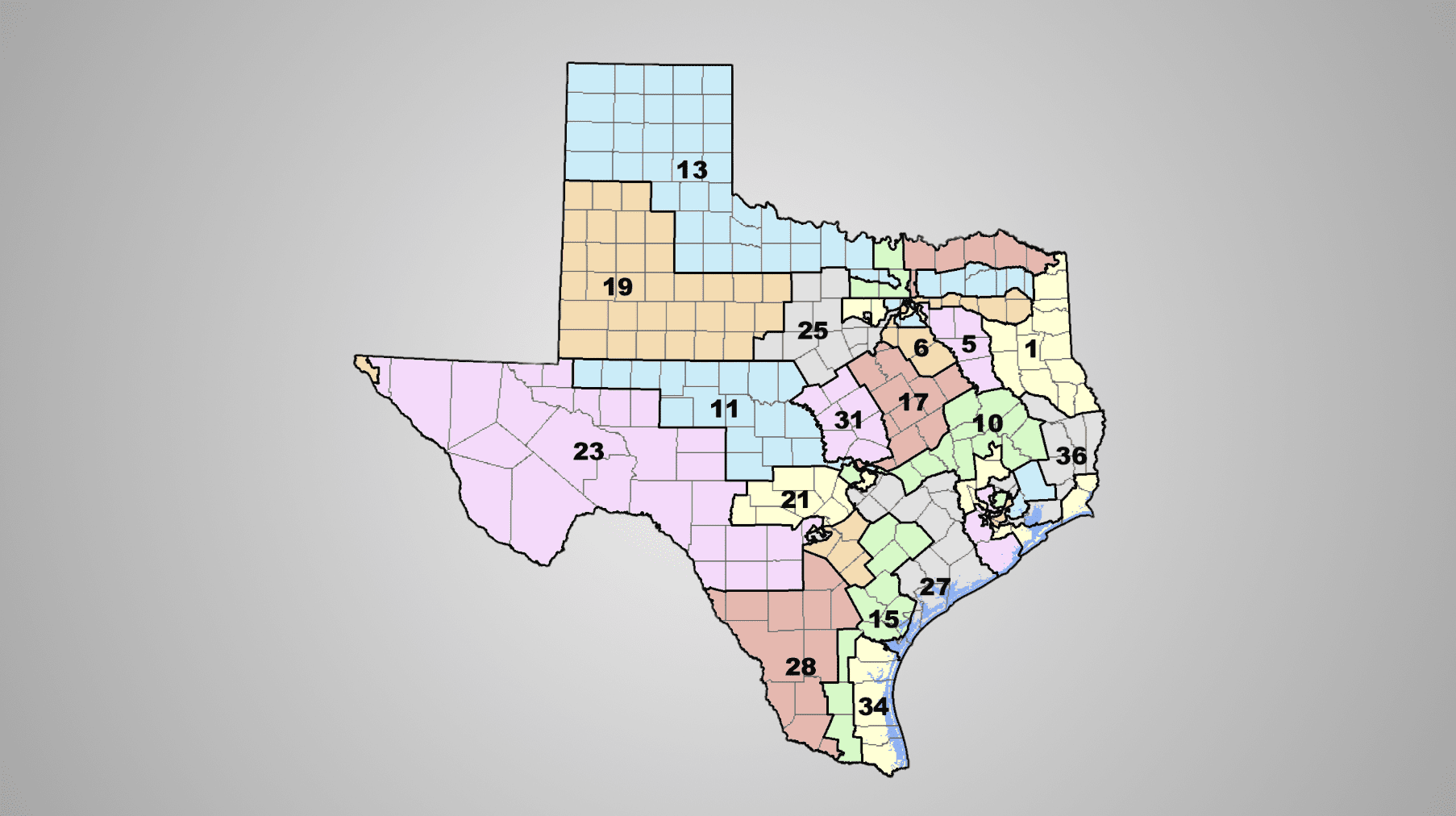Amidst the ongoing property tax discussions in the first special session of the 88th Texas Legislature, a notable disregard has emerged for one of the most influential factors contributing to the surge in property taxes and housing costs: immigration. The current debates predominantly revolve around property taxes, thereby neglecting the potential impact of addressing illegal immigration in relation to the reduction of property taxes.
In order to effectively address the pressing issue of escalating property tax bills, it is imperative for Texas to confront a frequently overlooked problem: the exploitation of Individual Taxpayer Identification Number (ITIN) loans. Within the housing sector, special interests prioritize financial gain at the expense of Texans by circumventing the requirement of a social security number for loan approval. The practice of granting ITIN loans to illegal aliens not only undermines the integrity of our markets but also poses a threat to U.S. citizenship and the hard-working Texans who dutifully fulfill their mortgage obligations while bearing the burden of Texas’ exorbitant property taxes.
By turning a blind eye to the detrimental impact of ITIN loan abuse, an unfair system persists that prioritizes profit over the well-being of law-abiding Texans. The granting of ITIN loans to illegal aliens distorts the market, needlessly exacerbating housing costs therefore perpetuating an unsustainable cycle of escalating property taxes.
Recent discussions spearheaded by Senator JD Vance (R-Ohio) brought attention to the strain that immigration places on the U.S. housing market and the burden it places on American citizens. When housing demand exceeds supply, property values experience an upward surge, and this predicament is further compounded by the established presence and ongoing substantial influx of illegal aliens. According to estimates from the Federation for American Immigration Reform, Texas currently houses a population of over 2.2 million illegal aliens, this results in a significant impact on various markets, in this case the housing market. The presence of illegal aliens in the housing market artificially inflates property values, thus negating any potential property tax relief that the legislature may put forth, whether it be through compression or a homestead exemption.
Implementing a ban on ITIN loans represents a significant step toward addressing this issue, providing enduring relief for Texans, and recognizing the crucial impact of ITIN loans on housing costs, it becomes evident that prohibiting such loans would be a substantial stride toward removing illegal aliens from the economy and mitigating their contribution to the escalation of housing costs. Therefore, as Texas lawmakers contemplate property tax relief during this special session, introspective inquiries into the rapid rise of property taxes become essential and one answer becomes clear.
By addressing the issue of banning ITIN loans, Texas can confront one of the fundamental causes of rising property taxes and housing costs. Such an approach acknowledges the influence of immigration on the housing market while prioritizing the interests of hard-working Texans. Texas can lead in ensuring fair housing practices and delivering much-needed property tax relief for its citizens through the prohibition of ITIN loans.
This is a commentary published with the author’s permission. If you wish to submit a commentary to Texas Scorecard, please submit your article to submission@texasscorecard.com.





